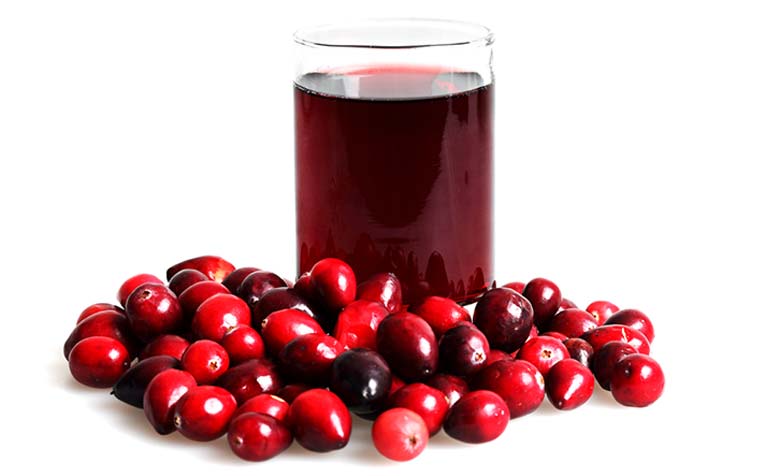
Caption: Drinking cranberry juice is commonly believed to prevent UTI (urinary tract infections) and has anti-cancer benefits. But is there any truth to this? Dr Ang Mei-Kim, Senior Consultant, Department of Medical Oncology at National Cancer Centre Singapore (NCCS) and Ms Ang Bixia, Senior Dietitian, Department of Nutrition & Dietetics at KK Women's and Children's hospital (KKH), answer. (iStock photo)
Can cranberry juice prevent UTI in women?
UTI (urinary tract infection) is caused by the presence of bacteria in the urine with some women being more prone to the condition during their periods.
"Cranberries may work by preventing the adhesion of bacteria, most commonly the E. coli bacteria, to the wall of the urinary bladder," says Ms Ang Bixia, Senior Dietitian,
Department of Nutrition & Dietetics at
K K Women's and Children's Hospital (KKH), a member of the
SingHealth group.
Cranberry juice has traditionally been used for the treatment and prevention of urinary tract infections, and there is some research to support its use in the prevention of these infections. Recent studies have also suggested that regular drinking of cranberry juice may have a protective effect against UTI in pregnancy.
However, to date there is no evidence that consuming cranberry juice has a beneficial effect for women having their period. A moderate amount of cranberry juice has no known harmful effect, but an excessive intake may have a laxative effect.
Related article:
Blood in urine, when is it serious, when is it not?
What role do cranberries play in the battle against cancer?
Cranberries are rich in phytochemicals such as flavonoids, anthocyanins, proanthocyanidins and phenolic acids. In experiments on colon oesophageal and breast cancer cells grown in the laboratory, cranberry extracts have been found to slow cancer cell growth.
A study also reported that the addition of cranberry extract to standard chemotherapy increased the effectiveness of the chemotherapy several fold, when used in the treatment of ovarian cancer cells grown in the laboratory.
Although these reports point to a possible role of cranberries in cancer treatment, there is still a long way to go before we say that cranberries have anti-cancer benefits, and active research is ongoing to further address these questions.
Related article:
Is it safe to combine TCM with cancer treatment?
First, the exact compound in cranberries that is responsible for any anti-cancer benefit will need to be identified. Next, studies would be required to test the effect of cranberries on the development and/or treatment of cancer in laboratory animals, and to determine the optimum dose to be used.
"If proven safe, studies can then be conducted on humans to evaluate the safety, effectiveness and role of cranberries. Only after these studies can we reach a conclusion on their true anti-cancer properties in humans," says
Dr Ang Mei-Kim, Senior Consultant,
Department of Medical Oncology at
National Cancer Centre Singapore (NCCS), also a member of the SingHealth group.
Related article:
Doctor's tips to improve cancer survival rates for the elderly
--
Articles on
HealthXchange.sg are meant for informational purposes only and cannot replace professional surgical, medical or health advice, examination, diagnosis or treatment.